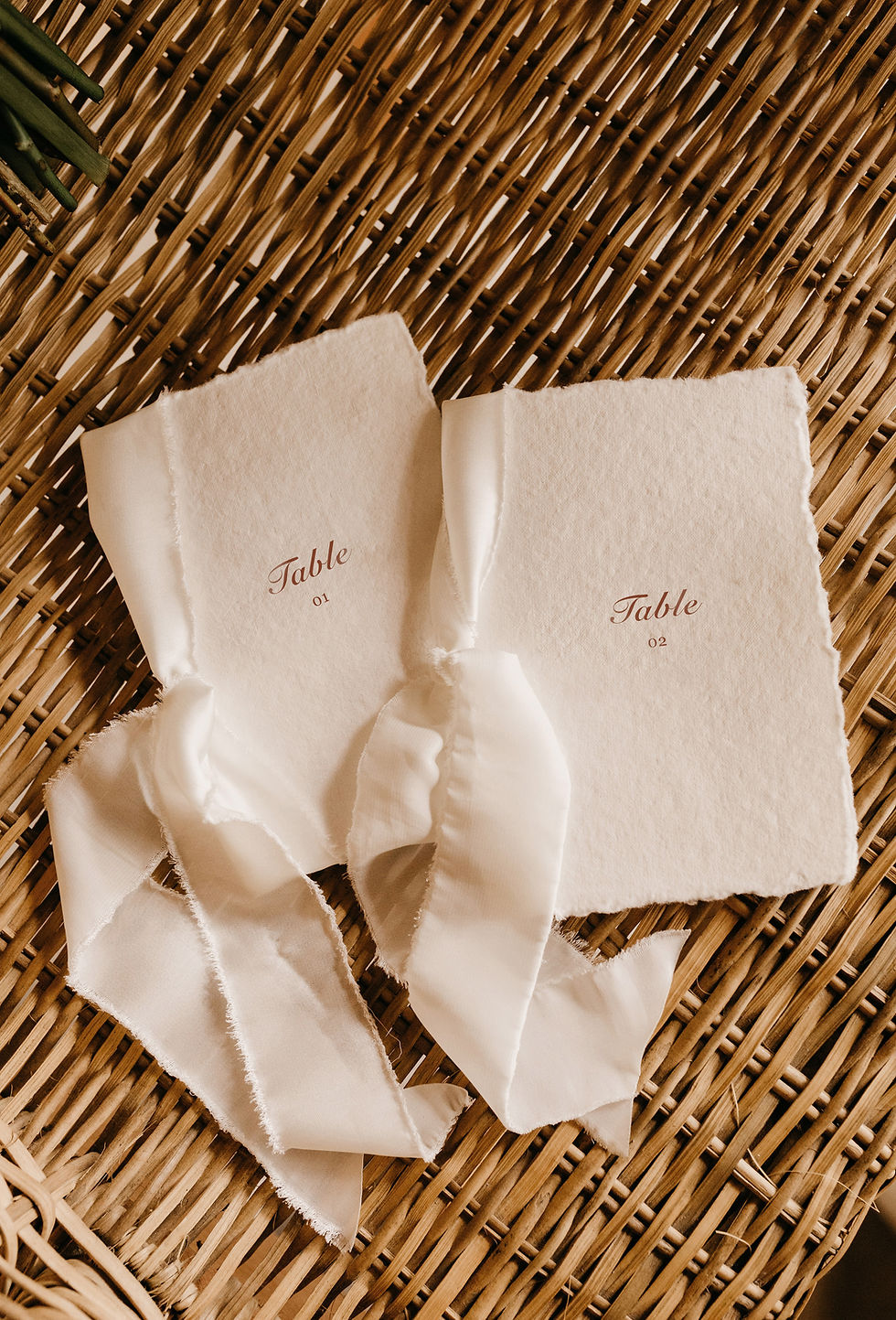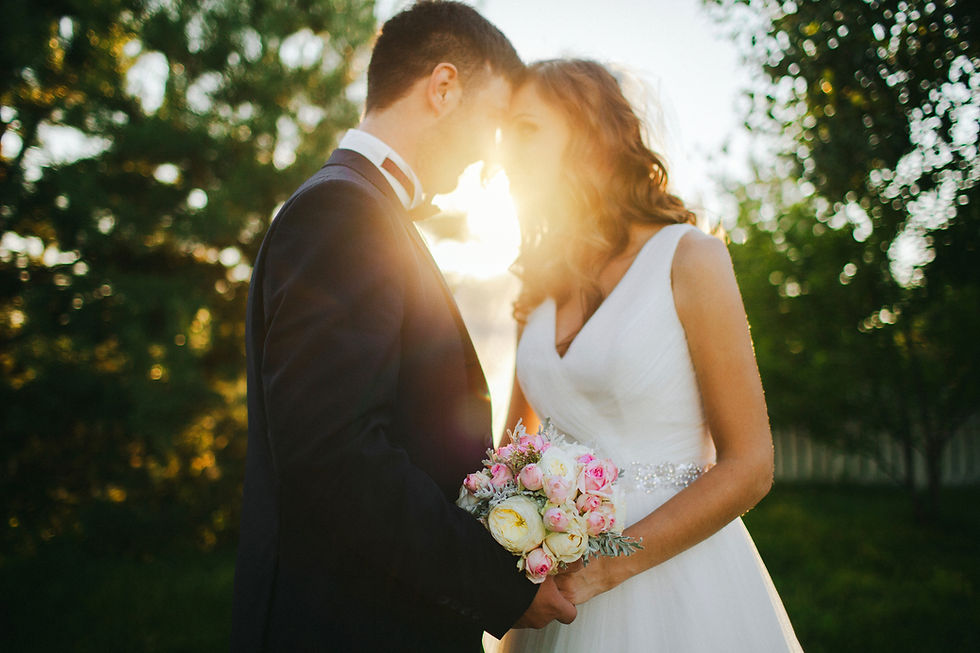How to Book the Perfect Wedding Venue: A Step-by-Step Guide
- MagicEye Design

- Aug 26, 2024
- 4 min read
Planning a wedding is an exciting journey, and one of the most crucial steps in that journey is booking the perfect wedding venue. The venue sets the tone for the entire event, reflecting your style, accommodating your guest list, and providing the backdrop for unforgettable memories. Here’s a comprehensive step by step guide to help you navigate the process i.e. How to Book the Perfect Wedding Venue?

1. Determine Your Wedding Style and Theme
Before you start your search, consider what kind of wedding you envision. Are you dreaming of a rustic barn wedding, a glamorous ballroom event, a beachfront ceremony, or something entirely unique? Your wedding style and theme will significantly influence the type of venue you choose. Knowing this upfront will help you narrow down your options and ensure that your venue aligns with your overall vision.

2. Set Your Budget
Setting a budget is a crucial step in the wedding planning process, especially when it comes to booking a venue. Venues can vary widely in cost, so it’s essential to know how much you’re willing to spend. When setting your budget, consider not just the rental fee but also additional costs like catering, décor, and any hidden fees. Some venues offer all-inclusive packages, while others might charge separately for essentials like tables, chairs, and linens.

3. Create a Guest List
Your guest list will determine the size of the venue you need. It’s essential to have at least an estimate of the number of guests you plan to invite before you start your search. You don’t want to fall in love with a venue that’s too small for your guest list or one that feels too large for a more intimate gathering. Most venues will provide a range of guest capacities, so having this information ready will make your search more efficient.

4. Research Venues and Create a Shortlist
Start researching venues online, using wedding websites, social media, and recommendations from friends or wedding planners. Look for venues that fit your style, budget, and guest list. Create a shortlist of your top picks, and make sure to read reviews and check for any red flags.
As you research, consider factors like:
Location: Is it easily accessible for your guests? Does it offer on-site accommodations or nearby hotels?
Availability: Does the venue have availability on your preferred wedding date?
Amenities: Does the venue offer in-house catering, or will you need to hire external vendors? Do they provide tables, chairs, and décor?

5. Schedule Venue Tours
Once you’ve narrowed down your options, it’s time to visit the venues in person. Pictures can be deceiving, so seeing the space for yourself is essential. Schedule tours with your top choices, and prepare a list of questions to ask during your visit. Some key questions might include:
What is included in the rental fee?
Are there any restrictions, such as noise curfews or décor limitations?
What is the backup plan in case of bad weather (especially for outdoor venues)?
Can the venue accommodate all your guests comfortably?
During your tour, take note of the venue’s ambiance, layout, and any logistical considerations, such as parking and accessibility.
6. Review the Contract Carefully
When you’ve found “the one,” it’s time to review the contract. The contract will outline all the details of your agreement with the venue, including the rental fee, payment schedule, cancellation policy, and what’s included in the package. Make sure to read the fine print and clarify any questions or concerns before signing. It might be wise to have a lawyer or wedding planner review the contract to ensure everything is in order.
7. Book Early and Secure Your Date
Wedding venues can book up quickly, especially during peak seasons, so once you’ve found your ideal venue and reviewed the contract, don’t delay in securing your date. Most venues will require a deposit to hold your date, with the remaining balance due closer to the wedding day. Be prepared to make this payment and mark your calendar for any future payments to avoid any late fees or loss of your reservation.
8. Communicate with the Venue Coordinator
After booking, maintain open communication with the venue coordinator. They will be your primary point of contact for any questions, changes, or concerns leading up to the wedding. A good relationship with the coordinator can help ensure that everything runs smoothly on your big day.
9. Visit the Venue Again Closer to the Wedding Date
As your wedding day approaches, consider revisiting the venue to finalize details and make any necessary adjustments. This can also be a good time to bring along your wedding planner, caterer, or photographer to discuss logistics and ensure everyone is on the same page.
10. Finalize All Details
A few weeks before the wedding, finalize all the details with the venue. Confirm the timeline, guest count, seating arrangements, and any special requests. This will help ensure that everything is ready for your big day and that there are no last-minute surprises.





Comments